Kumar
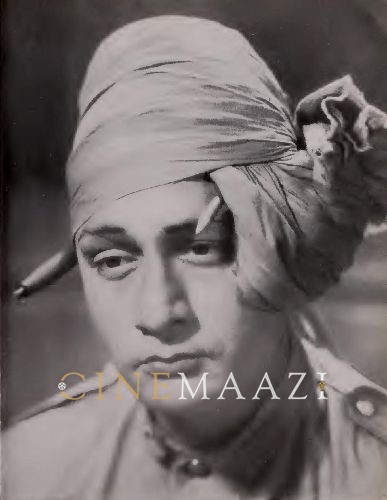
Subscribe to read full article
This section is for paid subscribers only. Our subscription is only $37/- for one full year.
You get unlimited access to all paid section and features on the website with this subscription.
Not ready for a full subscription?
You can access this article for $2 , and have it saved to your account for one year.
- Real Name: Syed Ali Hasan Zaidi / M Kumar
- Born: 23 September, 1903 (Lucknow, UP)
- Died: 4 June, 1982
- Primary Cinema: Hindi
- Spouse: Pramila (Esther Victoria Abraham)
- Children: Akbar, Asghar, Naqi, Haidar, S. A. Hafiz
Lead and character actor Kumar (also credited as M Kumar) is known for films such as Puran Bhagat (1933), Yahudi Ki Ladki (1933), Al-Hilal (1935), Dillagi (1942), Watan (1938), Sohag (1940), and Mughal-e-Azam (1960). Moving to Pakistan in 1963, he acted in films like Touba (1964) and Choti Ammi (1964). He is also credited with directing the films Bahana (1960) and Dhoon (1953). Along with actress wife Pramila, he also produced films under their own banner, Silver Films while in India.
Born Syed Ali Hasan Zaidi, he hailed from Lucknow. Starting his career in films with New Theatres, Calcutta, in 1932, among his early films was Puran Bhagat (1933). This Hindi devotional biopic film marked Debaki Bose’s debut direction in Hindi. The film also featured K L Saigal, Uma Shashi, Molina Devi, K C Dey and Tarabai. Based on a popular Punjabi devotional story, it was a change from New Theatres’ regular films based on traditional Bengali stories, saints and novels. The film was dubbed a ‘great success all over India’.
He went on to act in film such as Yahudi Ki Ladki (1933), the Urdu/Hindi costume drama film directed by Premankur Atorthy. Produced by New Theatres, the cast also included K L Saigal, Rattan Bai, Pahadi Sanyal, Gul Hamid, and Nawab. The film was adapted from Agha Hashar Kashmiri’s play of the same name. The story revolved around the rivalry and revenge between the Jewish merchant Prince Ezra and the Roman priest Brutus.
Yaad-e-Raftgan was his first film as hero, which was made in Lucknow.
His famous pre-Partition films include Al-Hilal (1935), and Dillagi (1942). Al Hilal, a 1935 Urdu/Hindi costume drama film, depicted fictionalised history in the form of a Roman-Arab conflict, with the son of the Ottoman Empire being captured by the Roman army and his escape from them. In Balwant Bhatt’s directorial Dillagi, he acted alongside Agha, Sushil Kumar, Sushila and Hansa Wadkar.
He also acted in Mehboob Khan’s Watan (1938), and Sohag (1940) directed by Balwant Bhatt.
In Mughal-e-Azam (1960), he played the sculptor Sangtarash, who helps Salim and Anarkali while almost sparking a revolution at the gates of the palace. He featured in the famous song Aye mohabbat zinda baad.
He played character roles such as Vimla’s father in Chand (1959), Dr Malhotra in Dil Apna Aur Preet Parai (1960), Safdar in Chhote Nawab (1961), and Inspector Kundan in Adhi Raat Ke Baad (1965).
Working with Ranjit Studio, he had already done a few films like Nadi Kinare (1939) and Thokar (1939) under the banner. Suddenly one day his services with the studio were terminated. Around the same time, his close friend Chandramohan was having issues with the company he was employed by – Minerva Movietone, as they hadn’t lived up to their promise of increasing his salary after the huge success of the film Pukar (1939). Kumar along with Chandramohan decided to turn producer, and established their own banner Silver Films on 16 March, 1942. As Kumar’s wife, well-known actress Pramila (Esther Victoria Abraham) became an important part of the banner. The mahurat shot of Silver Films’ first production – Jhankar (1942) was performed by Devika Rani. Directed by S Khalil, the main roles were essayed by Chandramohan, Kumar, and Pramila.
Over the next two decades, Kumar and Pramila together produced Bhalai (1943), Bade Nawab Sahab (1944), Naseeb (1945), Devar (1946), Dhun (1953) and Bahana (1960) under the banner of Silver Films. Nehle Pe Dehla (1946), Dhoom Dhaam (1949), and Dilbar (1951) were produced under the banner of Shama Productions, and Aap Beeti (1948) under the banner of Kumar Studios Ltd. Of these, Kumar directed Aap Beeti, Dhun, and Bahana. Raj Kapoor and Nargis were the main leads of Dhun, while Sajjan and Meena Kumari essayed the main roles in Bahana.
Previously married, his wife and children lived in Lucknow. In 1939, he had married Pramila (Esther Victoria Abraham). They lived together for 22 years in Bombay. They enjoyed a lavish lifestyle, were seen at the races, and loved fast cars. The couple had four children—Akbar, Asghar, Naqi and Haider.
In 1963, Kumar chose to migrate from India to Pakistan with his extended family from Lucknow; Pramila opted to stay back in India, though Kumar’s decision impacted her adversely both professionally and personally. Kumar’s initial films in the Pakistan film industry include the social Touba (1964) and Choti Ammi (1964), both directed by Syed Wazir Ali. Touba was his most popular film in Pakistan. His son, S A Hafiz, who made Touba, later became a well-known director of the country. Other Pakistani films he worked in include Head Constable (1964), Azad (1964), Naela (1965), Saiqa (1968), and Sajda (1967) which was his own film.
Kumar passed away on 4 June, 1982. Of his children with Pramila, his daughter Naqi Jahan became a well-known model and Miss India in 1967, and acted in the films Aakhri Khat (1966), Samaj Ko Badal Dalo (1970) and Ek Khilari Baawan Pattey (1972), while his son Haidar became an actor, known for the popular teleserial Nukkad, as well as for penning the story-screenplay of Ashutosh Gowarikar directorial Jodhaa Akbar (2008).
References
Sources: https://www.cinemaazi.com/feature/mother-india-pramila
https://www.imdb.com/name/nm0474828/bio?ref_=nm_ov_bio_sm
https://www.imdb.com/name/nm0474763/
https://www.facebook.com/groups/597022731210949/permalink/1053476645565553/
https://feminisminindia.com/2018/03/12/pramila-esther-abraham-miss-india/
https://thedailyeye.info/post.php?id=172d5726718f4be8&title=The-Incredible-Story-of-India%E2%80%99s-First-Miss-India
-
Filmography (83)
SortRole
-
Gangaadhaam 1980
-

Do Hawaldar 1979
-
Subah Zaroor Aayegi 1977
-
Fauji 1976
-
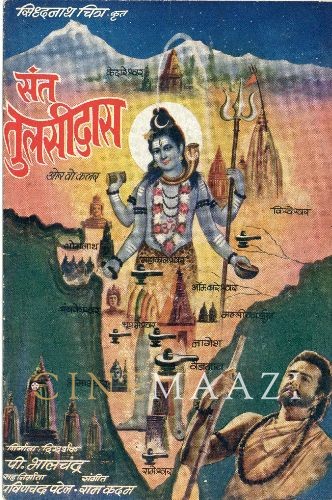
Sant Tulsidas 1972
-

Jigri Dost 1969
-
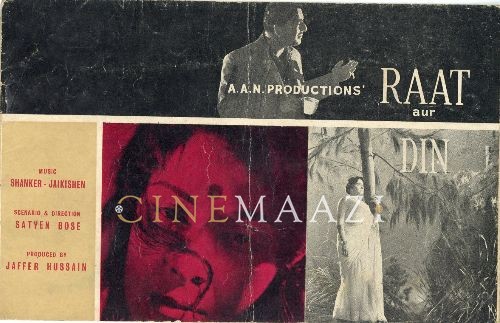
Raat Aur Din 1967
-
Ram Rajya 1967
-
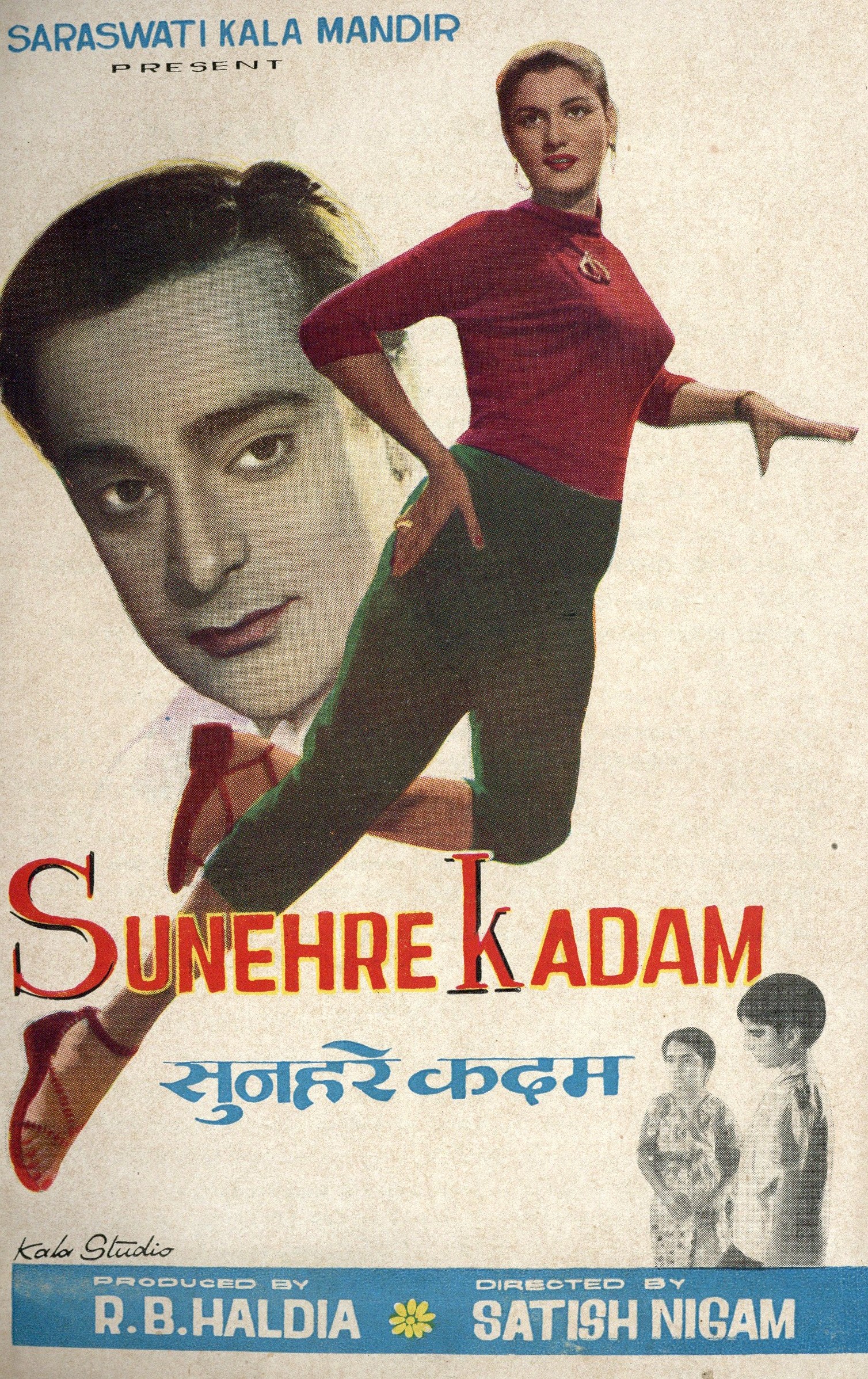
Sunehre Kadam 1966
-
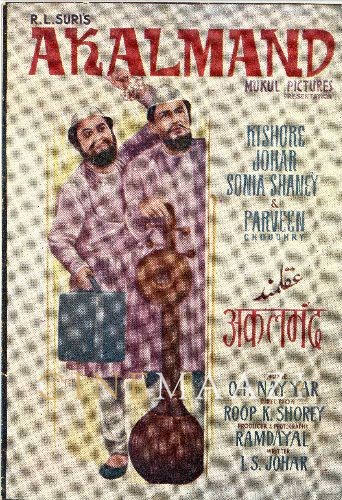
Akalmand 1966
-
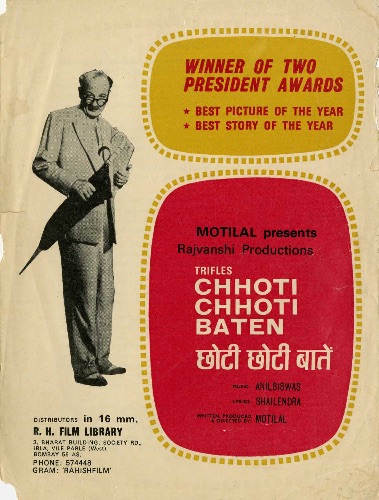
Chhoti Chhoti Baten 1965
-







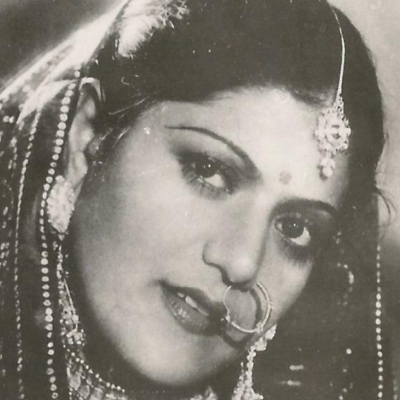



.jpg)



